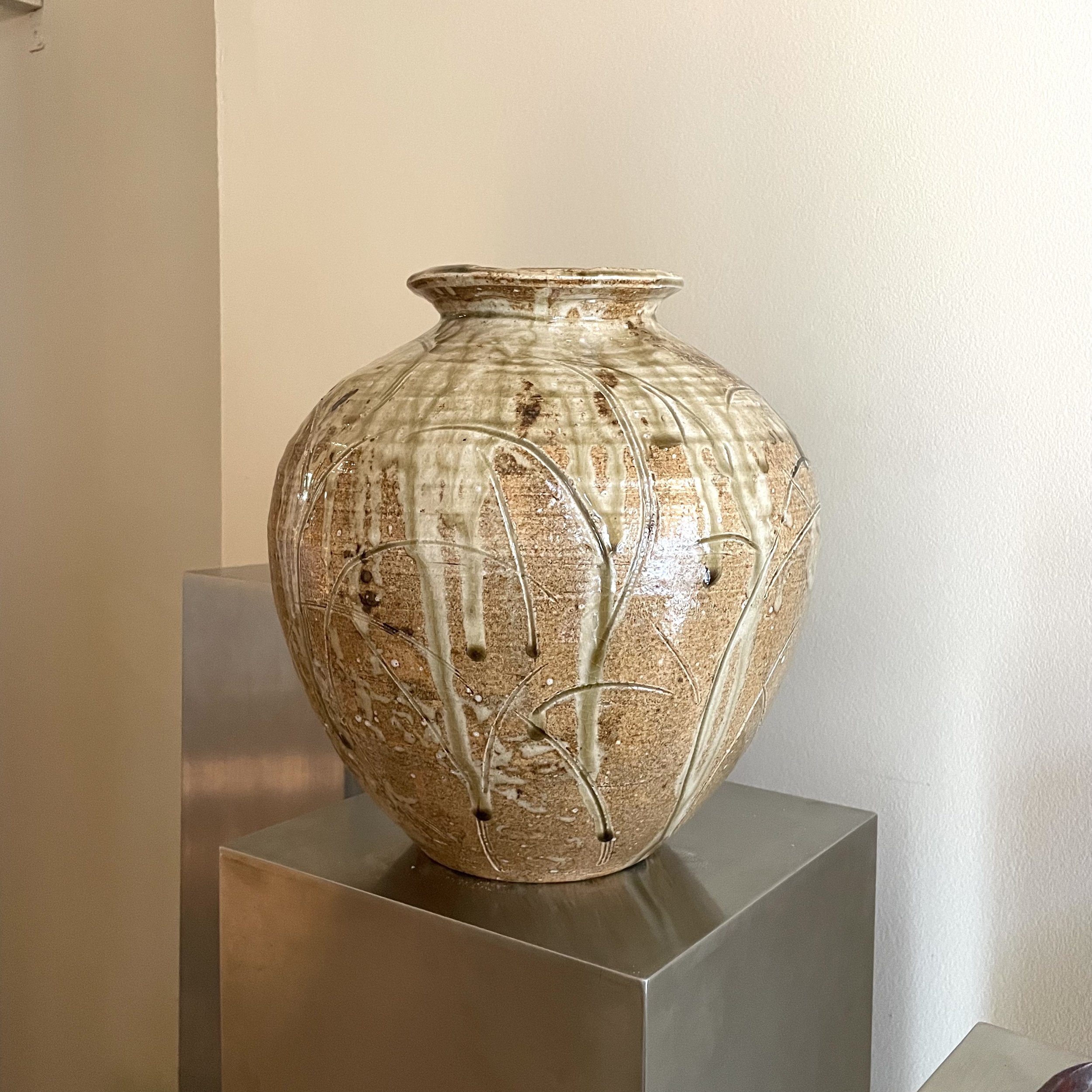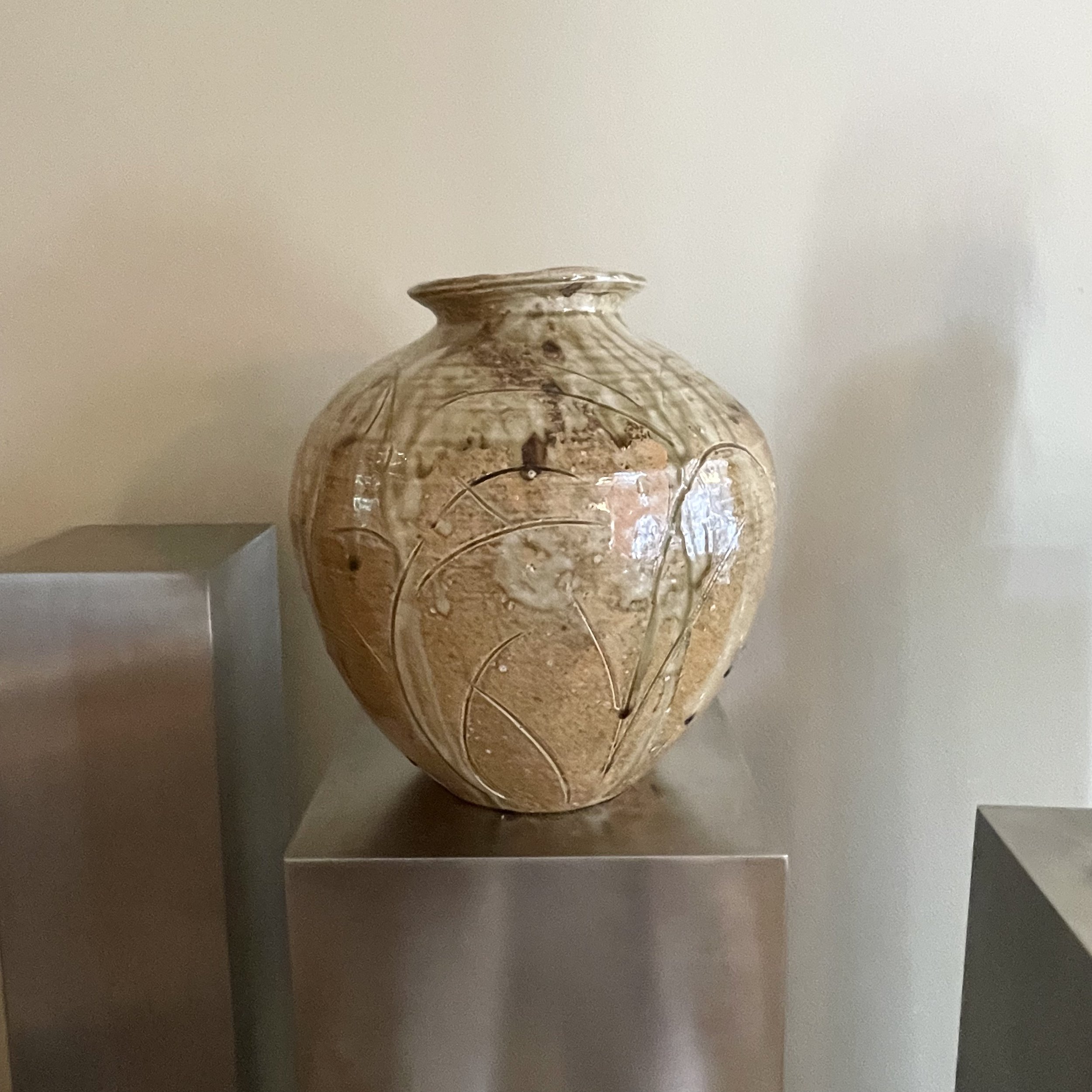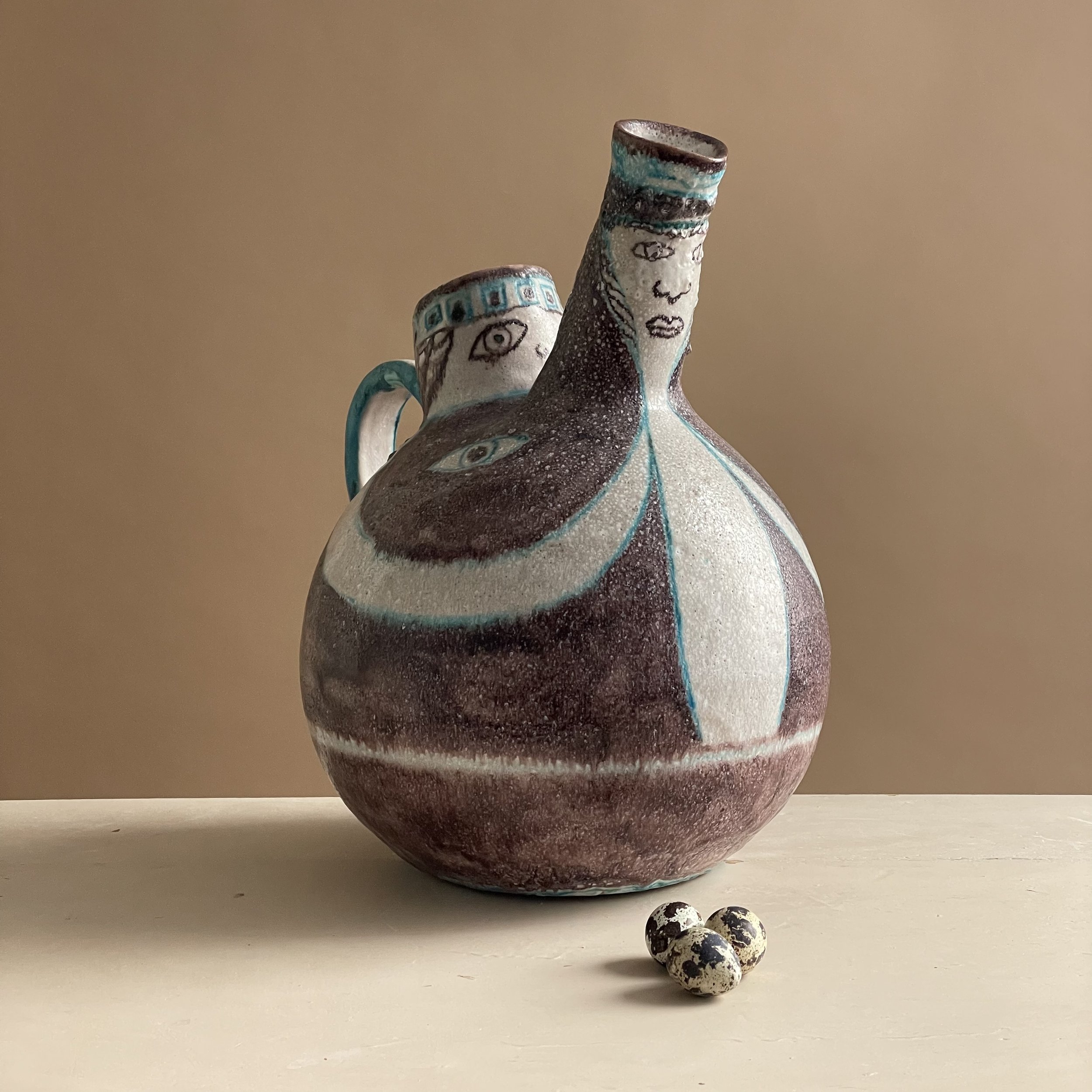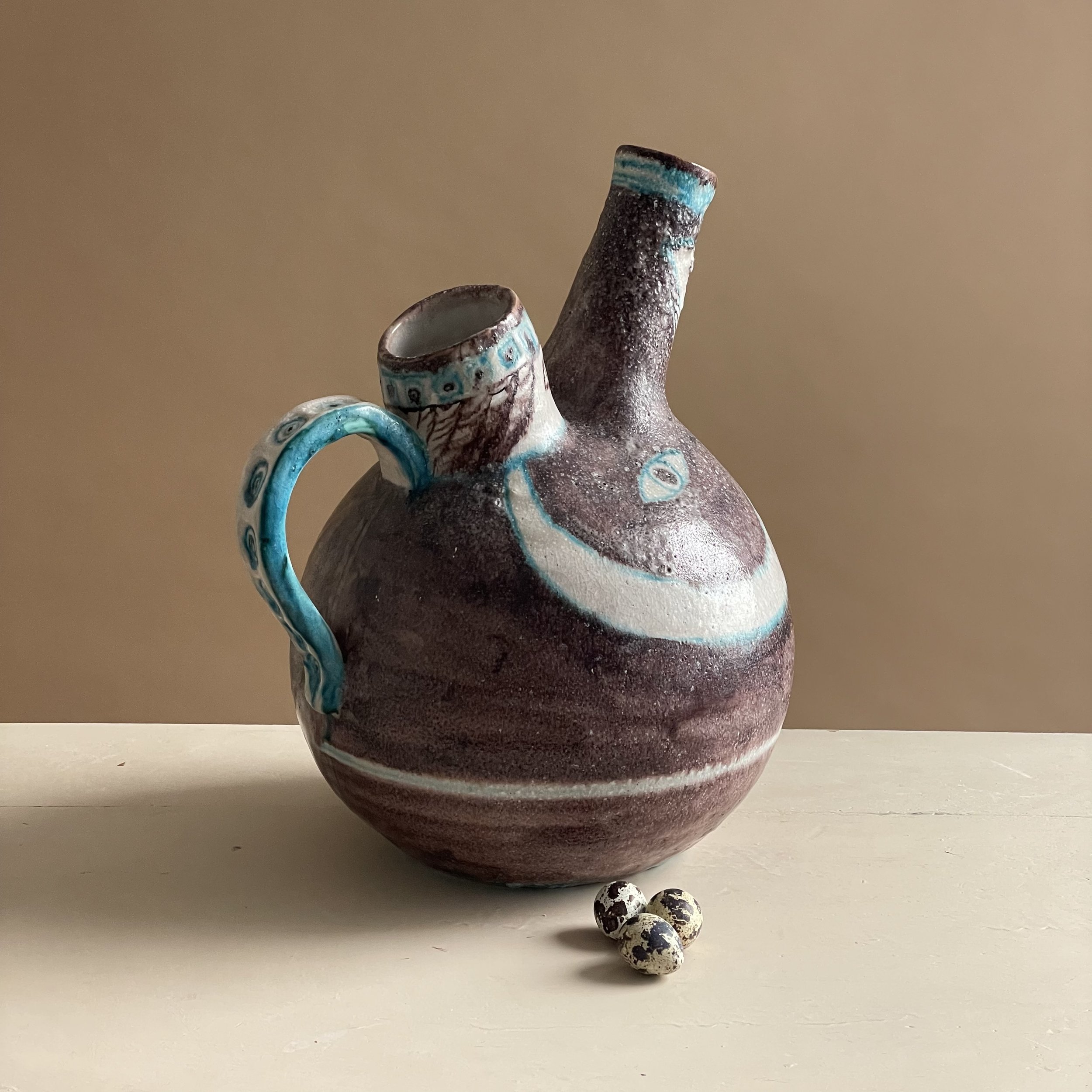Manteau de pluie Mino, Japon

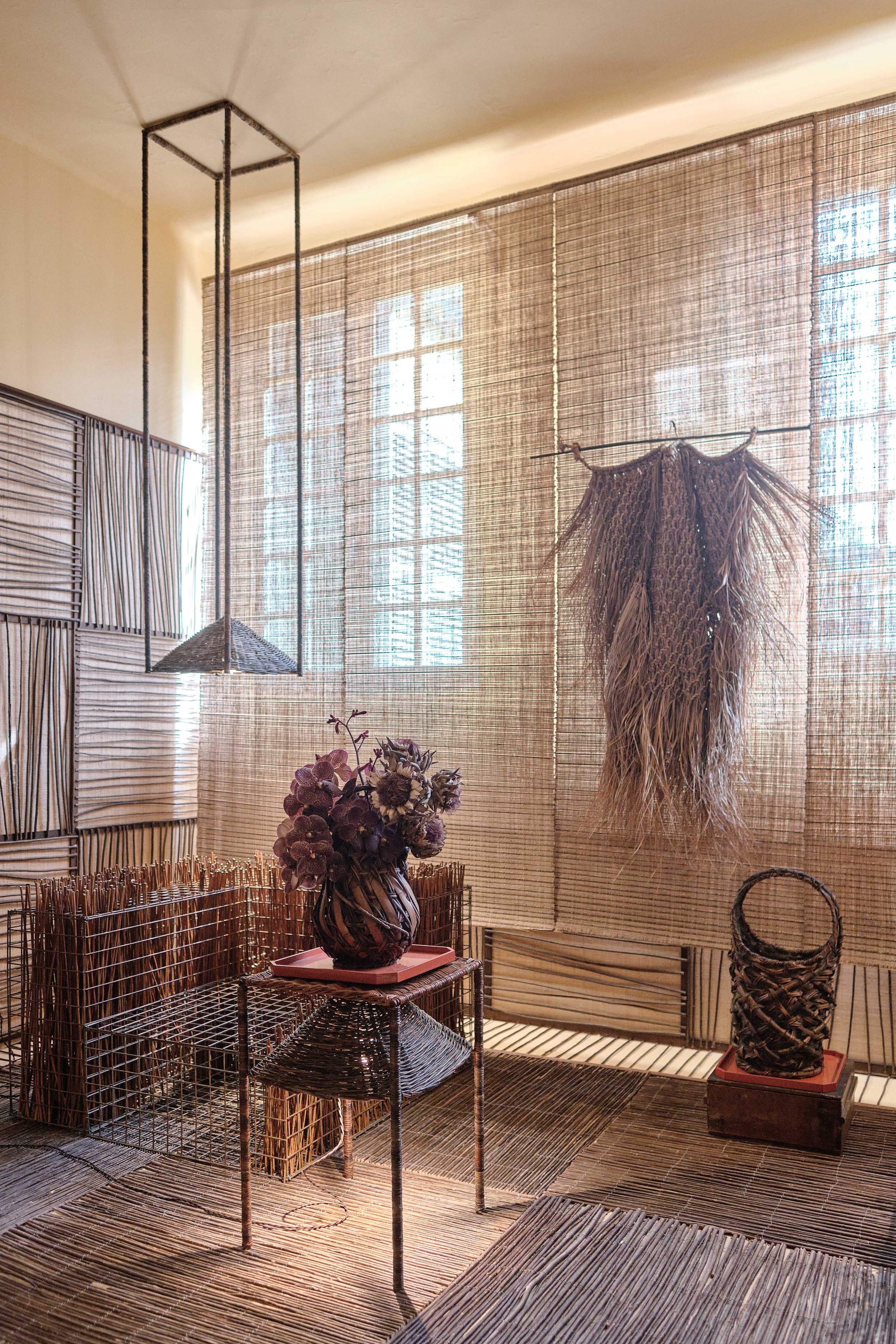
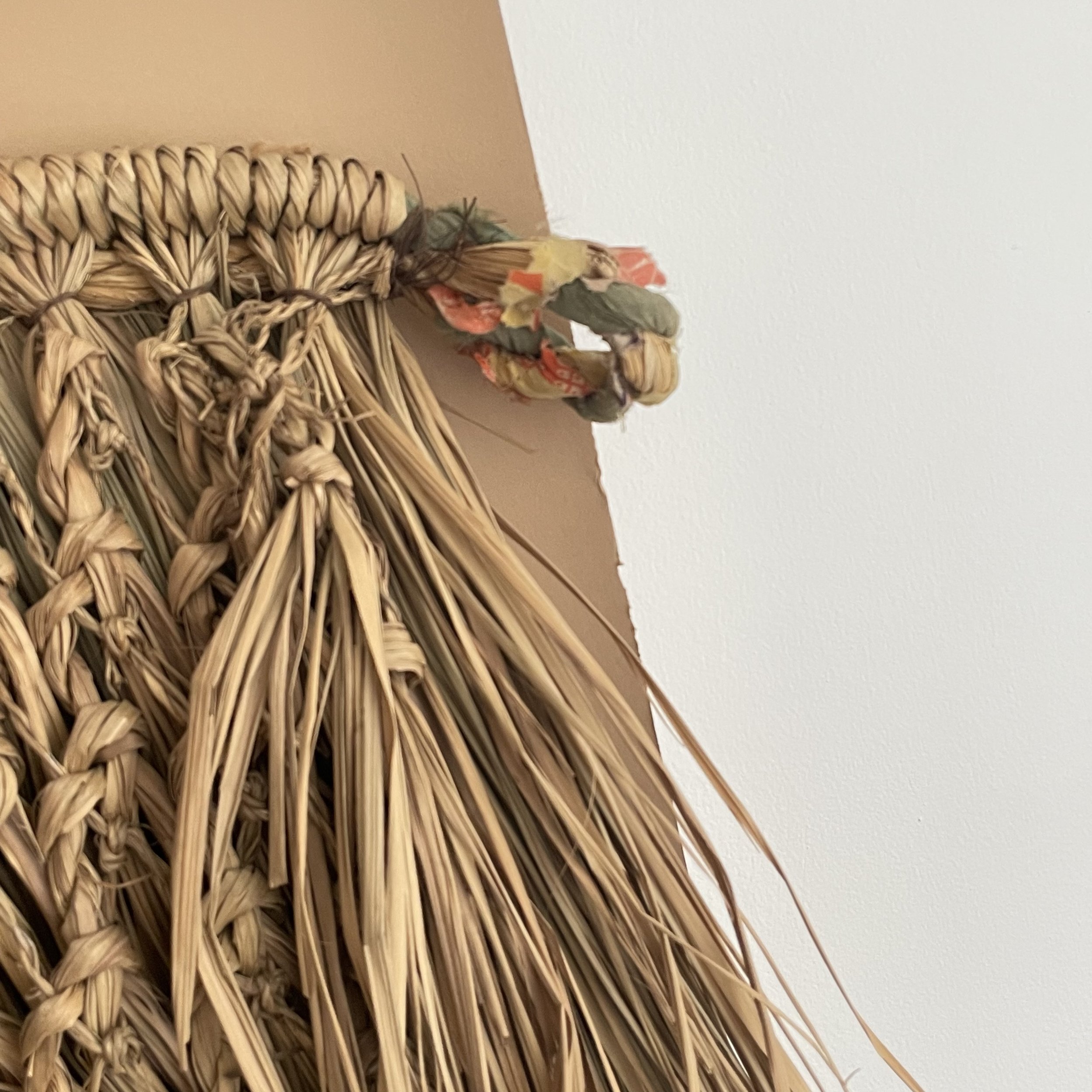
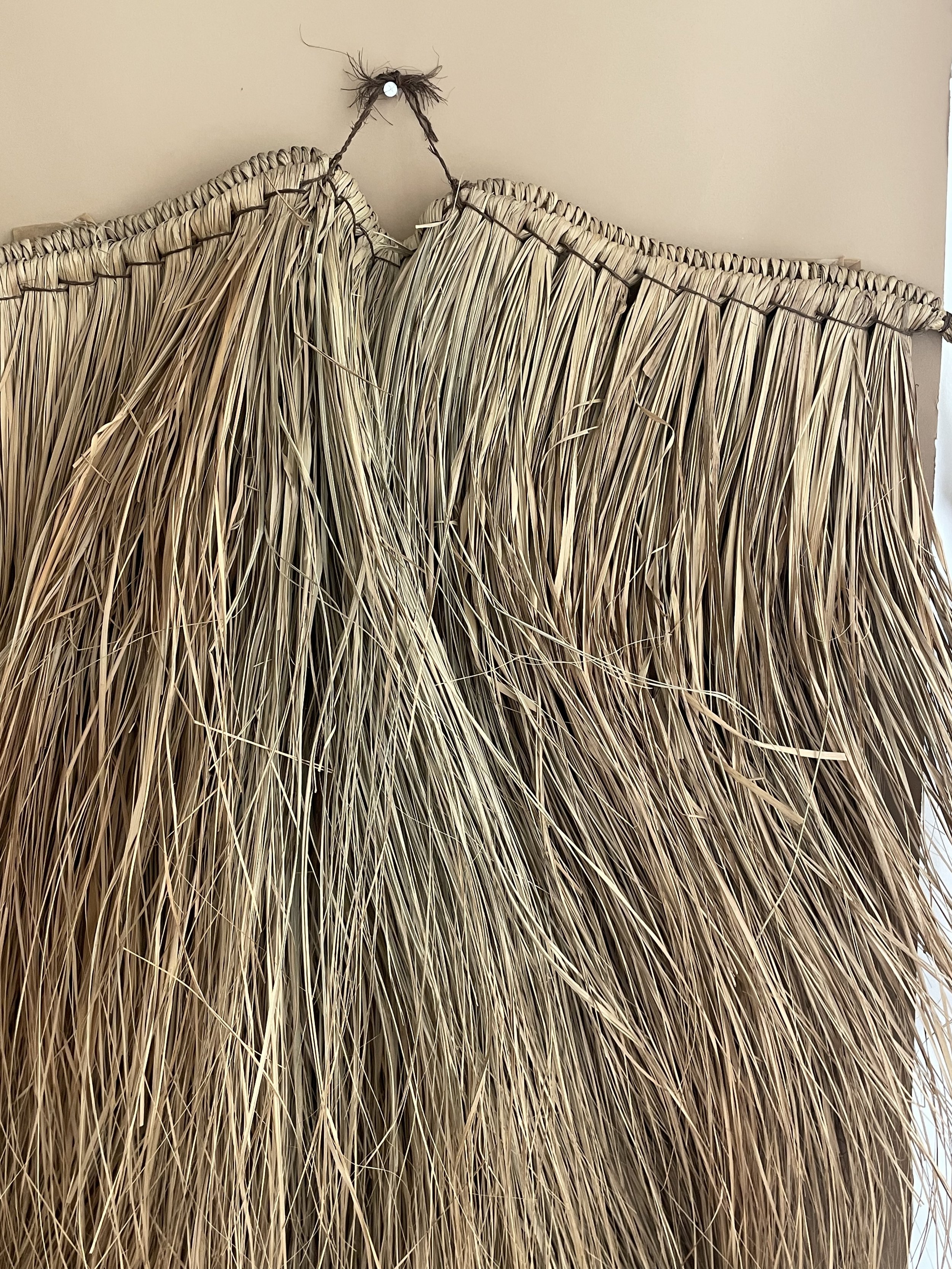
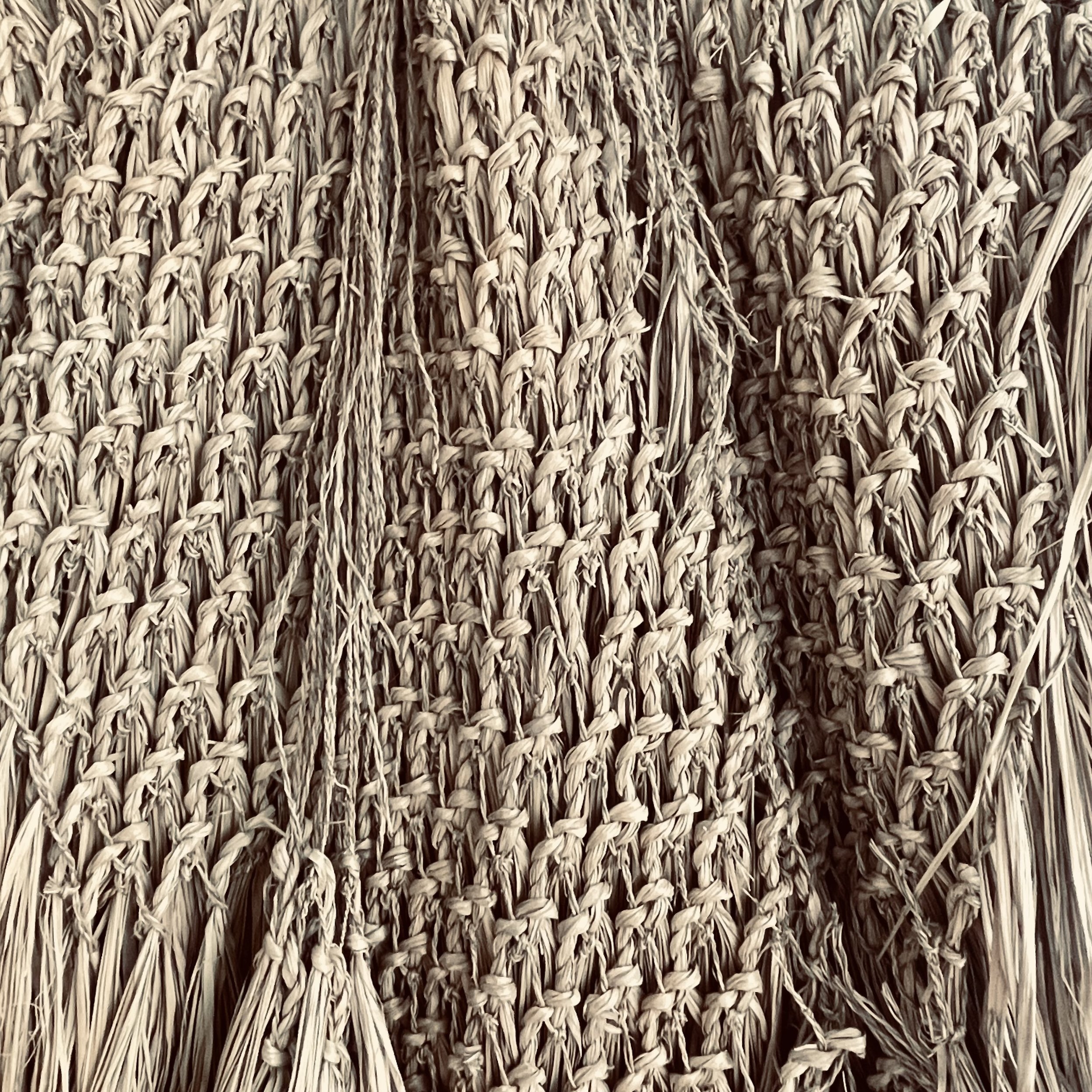
Manteau de pluie Mino, Japon
Manteau de pluie Mino en paille de riz nouée
Époque Showa
Japon
H env 150 cm
Quelques manques et accidents visibles à l’interieur
***Design parade Toulon 2023 ***
Cet objet fait partie de l’exposition l’Oseraie du finaliste Mathieu Tran Nguyen jusqu’au 5 novembre 2023. Si une livraison avant le 15 novembre 2023 est nécessaire, merci de me contacter avant l’achat.
Mino rain coat made of knotted rice straw
Showa era
Japan
H approx 150 cm
Some missing parts and accidents visible inside
***Design parade Toulon 2023 ***
This item is part of the exhibition l'Oseraie of the finalist Mathieu Tran Nguyen until November 5th 2023. If a delivery before November 15, 2023 is necessary, please contact me before the purchase.
Historiquement, le manteau Mino servait à se protéger de la pluie et de la neige. Sa fabrication en paille de riz tressée est le fruit d’un long travail de préparation de la matière qui doit être battue pendant plusieurs semaines pour être assouplie afin de ne pas se casser lors de son tressage et de la réalisation des nombreux noeuds servant à constituer une surface étanche et bien serrée des fibres végétales qui ne sont pas imperméables à proprement parler mais sur lesquelles l’eau glisse sans s’infiltrer lorsque les fibres sont bien nouées. La réalisation d’un manteau est d’autant plus longue que ce tressage est complexe. Il présente parfois de détails de ligatures à décors de matières et couleurs alternées formant des motifs. Des capes similaires en diverses fibres végétales étaient aussi en usage dans le reste de l’Asie, notamment en Chine, en Corée et au Vietnam. Ces manteaux présentent alors de nombreux avantages : leur prix, leur légèreté leur capacité à se fondre dans le paysage pour se camoufler en revanche, ils étaient évidemment inflammables. L’apparition du plastique les a conduits à l’obsolescence puisque la légèreté, le coût et l’imperméabilité plus évidente ont concurrencé sans hésitation ce vieil usage.
Ils correspondent aujourd’hui à une imagerie ancienne mais bien connue grâce aux estampes et aux spectacles de kabuki. Et ils sont l’objet de l’attention des collectionneurs d’art populaire puisqu’ils sont très représentatifs d’un mode de vie rural dans une grande partie du japon jusqu’à une époque récente.
Historically, the Mino coat was used to protect from rain and snow. Its manufacture in braided rice straw is the fruit of a long work of preparation of the material which must be beaten during several weeks to be softened in order not to break during its braiding and of the realization of the many knots being used to constitute a tight and waterproof surface of the vegetable fibers which are not impermeable strictly speaking but on which the water slips without infiltrating when the fibers are well tied up. The realization of a coat is all the more long as this braiding is complex. It sometimes presents details of ligatures with alternating materials and colors forming patterns. Similar cloaks made of various vegetable fibers were also in use in the rest of Asia, notably in China, Korea and Vietnam. These cloaks had many advantages: their price, their lightness, their ability to blend into the landscape to camouflage themselves, but they were obviously flammable. The appearance of plastic led them to obsolescence since the lightness, the cost and the more obvious waterproofness competed without hesitation with this old use.
Today they correspond to an old but well known imagery thanks to prints and kabuki shows. And they are the object of attention of folk art collectors since they are very representative of a rural way of life in much of Japan until recently.



